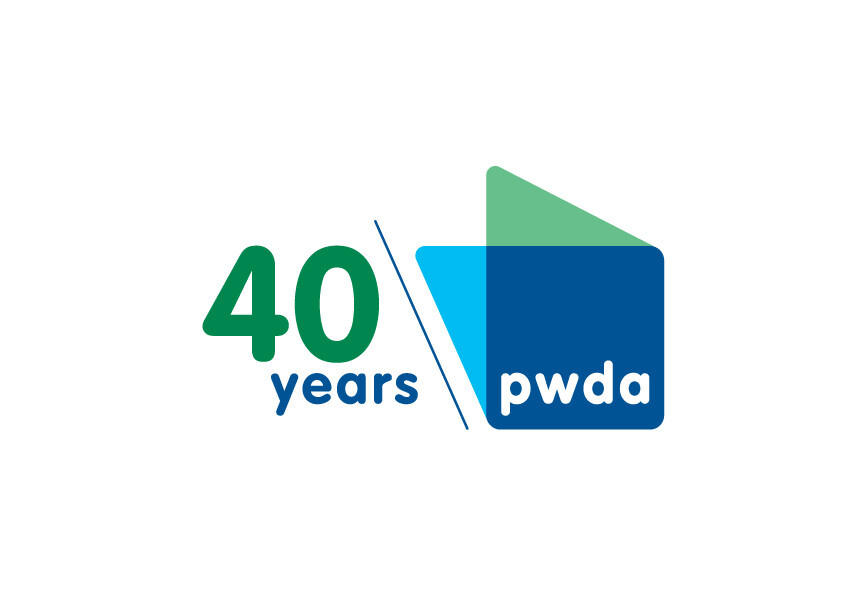
PEOPLE WITH DISABILITY AUSTRALIA
People with Disability Australia has a clear vision for the purpose and impact of their work as well as a comprehensive set of values, beliefs and principles which guide and inspire such work.
Our vision
- PWDA has a vision of a socially just, accessible and inclusive community, in which the human rights, belonging, contribution, potential and diversity of all people with disability are recognised, respected and celebrated with pride.
Our purpose
- Their purpose is to be a leading disability rights, advocacy and representative organisation of and for all people with disability, which strives for the realisation of their vision of a socially just, accessible, and inclusive community, in which the human rights, belonging, contribution, potential and diversity of all people with disability are recognised, respected and celebrated with pride.
Our values
- PWDA believes that people with disability, irrespective of age, gender, cultural or linguistic background, religious beliefs, geographic location, sexuality, or the nature, origin or degree of our disability:
- have a right to life and to bodily integrity;
- are entitled to a decent standard of living, an adequate income, and to lead active and satisfying lives;
- are people first, with human, legal and service user rights that must be recognised and respected;
- are entitled to the full enjoyment of civil rights and responsibilities;
- are entitled to live free from prejudice, discrimination and vilification;
- are entitled to social supports and adjustments as a right, and not as a result of pity, charity or the exercise of social control;
- contribute substantially to the intellectual, cultural, economic and social diversity and well-being of our community;
- possess many skills and abilities and have enormous potential for life-long growth and development;
- are entitled to live in and be a part of the diversity of the community;
- have the right to participate in the formulation of those policies and programs that affect our lives;
- are entitled to make our own life decisions, and to any decision-making support we may need to do so;
- are entitled to individualised services and supports which we are able to direct according to our needs and preferences; and
- must be empowered to exercise our rights and responsibilities, without fear of retribution.